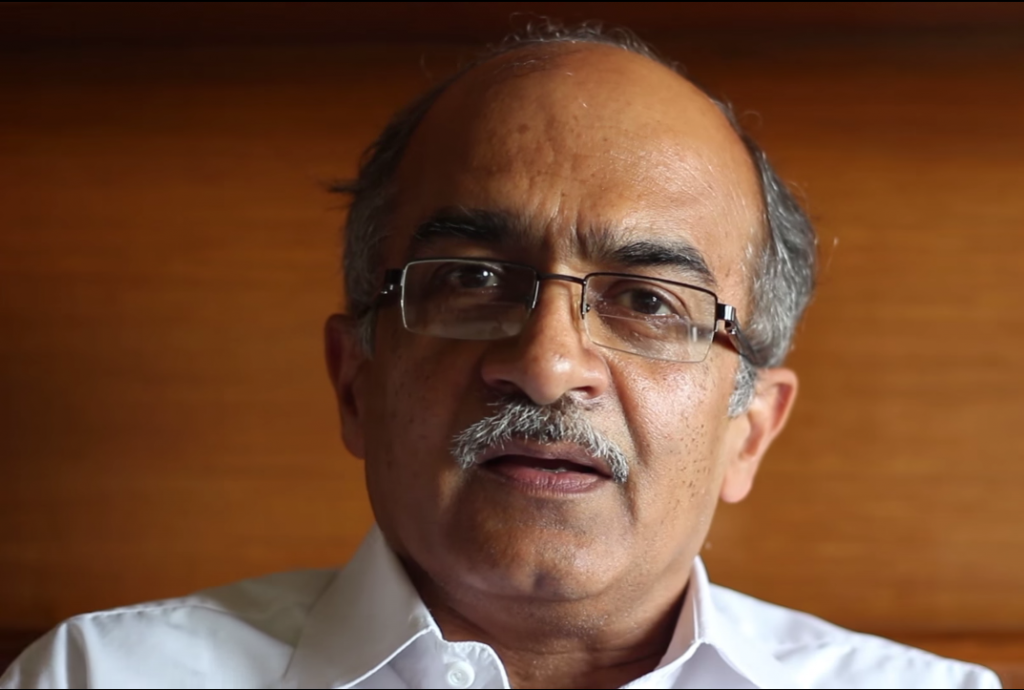New Delhi: The Supreme Court verdict declaring that adultery is not a crime received was widely welcomed Thursday with several lawyers and activists saying it was an antiquated colonial era law that treated women as properties of their husbands.
A five-judge Constitution bench headed by Chief Justice Dipak Misra was unanimous in striking down Section 497 of the Indian Penal Code dealing with the offence of adultery, holding it manifestly arbitrary, archaic and violative of the rights to equality and equal opportunity to women.
Senior Supreme Court lawyer Prashant Bhushan termed the verdict a fine judgement that did away with an “antiquated” law.
“Another fine judgement by the SC striking down the antiquated law in Sec 497 of Penal code, which treats women as property of husbands & criminalises adultery (only of man who sleeps with someone’s wife). Adultery can be ground for divorce but not criminal,” Bhushan said on Twitter.
Congress MP and president of women’s wing of the party Sushmita Dev agreed with him.
“Excellent decision to de-criminalise adultery. Also a law that does not give women the right to sue her adulterer husband & can’t be herself sued if she is in adultery is unequal treatment & militates against her status as an individual separate entity,” she tweeted.
The National Commission of Women chief Rekha Sharma, too, welcomed the judgement and said it should have been removed long time ago.
“This is a law from the British era, although British had done away with it long back, we were still stuck with it,” she said.
According to social activist Ranjana Kumari, “patriarchal control” over women was unacceptable.
“We welcome the judgement by the SC striking down the 158yr old law based on Victorian values, in Sec 497 of Penal code, which treats women as property of husbands & criminalises adultery. Patriarchal control over women’s body unacceptable,” she tweeted.
While adultery should not be a criminal offence, the bench held that adultery should continue to be treated as civil wrong, and can be grounds for dissolution of marriage or divorce. There can’t be any social licence which destroys a home, Justice Misra said.
Section 497 of the 158-year-old IPC says: “Whoever has sexual intercourse with a person who is and whom he knows or has reason to believe to be the wife of another man, without the consent or connivance of that man, such sexual intercourse not amounting to the offence of rape, is guilty of the offence of adultery.”
The offence of adultery entailed a maximum punishment of five years, or with fine, or both.
PTI
